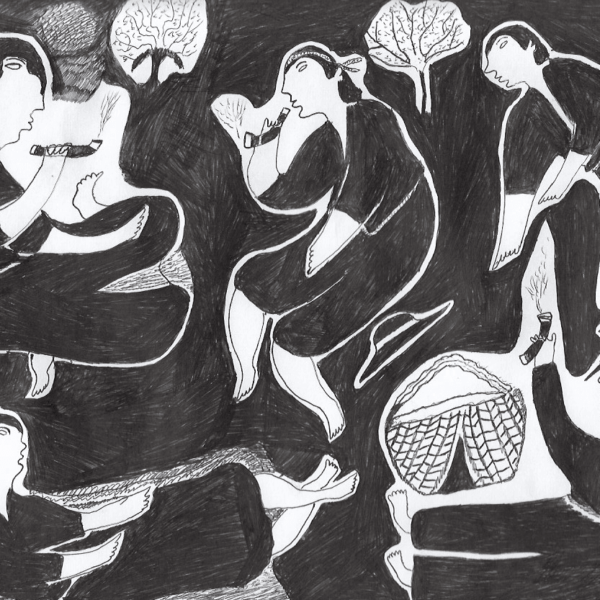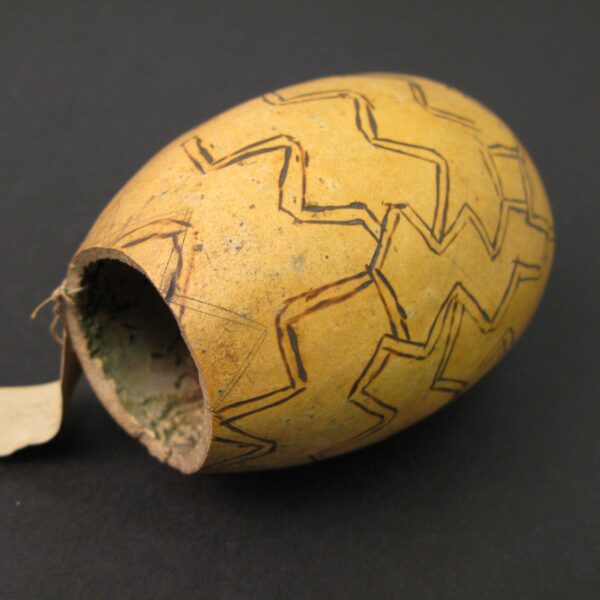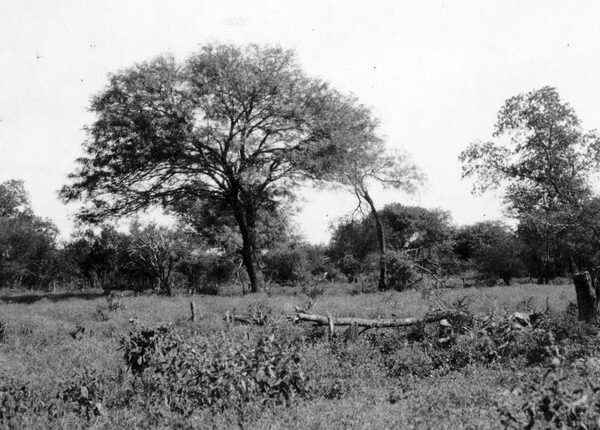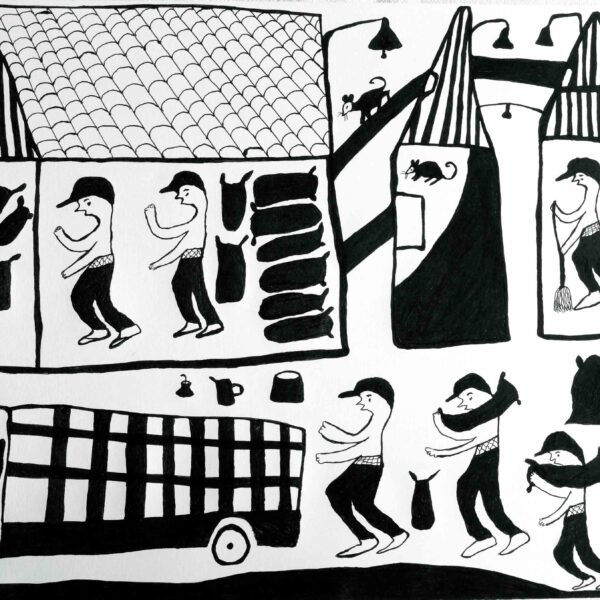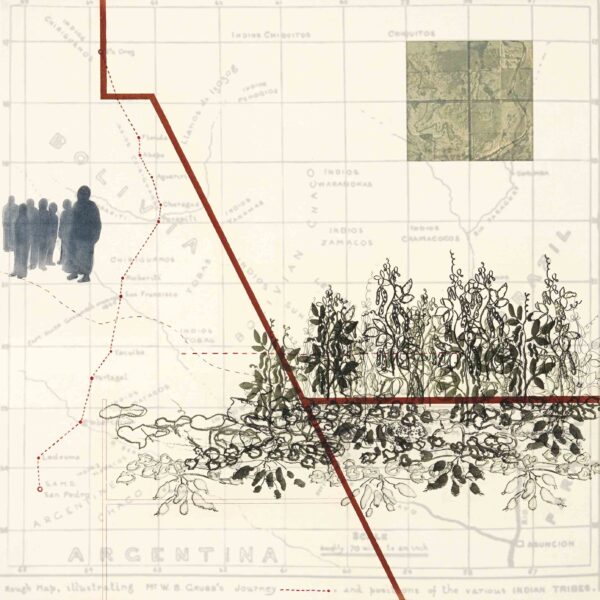The loss of protagonism in the Paraguayan Chaco
Although the Guaraní are among the most known Indigenous groups in Paraguay, there are 19 ethnolinguistic groups in the country. The largest group are the Enlhet-Enenlhet from the Chaco area, who comprise of the Enxet, the Angaité, the Sanapaná, the Guaná and the Toba-enenlhet, and have approximately 8,200 members today (DGEEC, 2014). However, as a result of their invisibility within Paraguay’s national discourse, little is said about them.
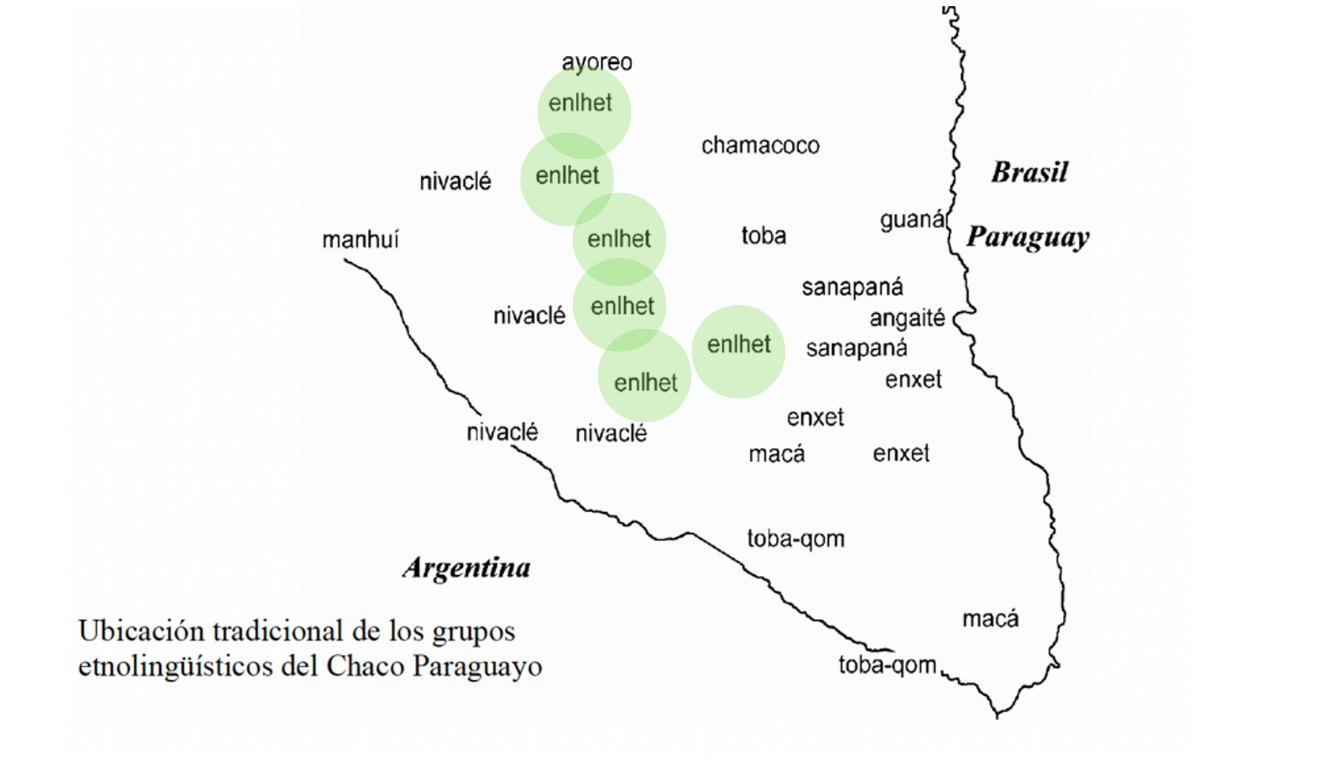
Map: Hannes Kalisch and Ernesto Unruh – ‘Traditional location of the ethnolinguistic groups of the Paraguayan Chaco’
Hannes Kalisch is a linguist who lives in the Paraguayan Chaco and has been collecting the Enlhet memory through audio, videos, and texts for more than 20 years. His publications deal with the mechanisms through which the Enlhet people were subjected to the so-called ‘modern world’, with a special focus on languages and learning processes.
Originally, hunting, fishing, and harvesting were the modes of nourishment, while ‘social and political life in this society, not stratified outside the generational-family structures, was characterised by a fluid relationship with neighbouring groups, which was formalised through the cycle of the festivals,’ explains Kalisch, with Ernesto Unruh, an Enlhet investigator, in one of their articles.
During the last decades of the 19th century, various waves of colonisation and proselytism by Anglican and Mennonite missionaries, alongside ongoing processes of industrialisation and extractivism, have exerted pressure on Enlhet communities and their practices.
READ MORE >> Imagination and Intimate Space in the Paraguayan Chaco
Loss of protagonism
One of the principal concepts that Hannes Kalisch highlights in the history of the Enlhet community is one of ‘loss.’ However, not in the terms in which it is typically used, i.e. what is commonly understood as a loss of knowledge.
‘When I think about the idea of loss, I am not referring to a material aspect or to the traditions of the Enlhet people, but to the loss of opportunities. The loss of possibilities for protagonism makes action impossible and generates disarticulation in the community. That happens when one loses the opportunity to put in relation the things you experience and say, what you wish or expect from your future.’
To collaborate with the recovery of this protagonism, Hannes works to promote and valorise culture within the Enlhet society. Together with Enlhet and Toba members, it is part of Nengvaanemkeskama Nempayvaam Enlhet (‘Make grow our Enlhet language’), an organisation founded in Paraguay’s Central Chaco. They work independently and at a community level, seeking to revalue and make visible their own culture among the peoples of the Enlhet.
Its approach is to reinforce the critical attitude based on their own terms, something that people themselves are building up through their own reflection and appreciation. In this manner, it is possible to confront destructive attitudes that are affecting the Enlhet instead of accepting them passively.
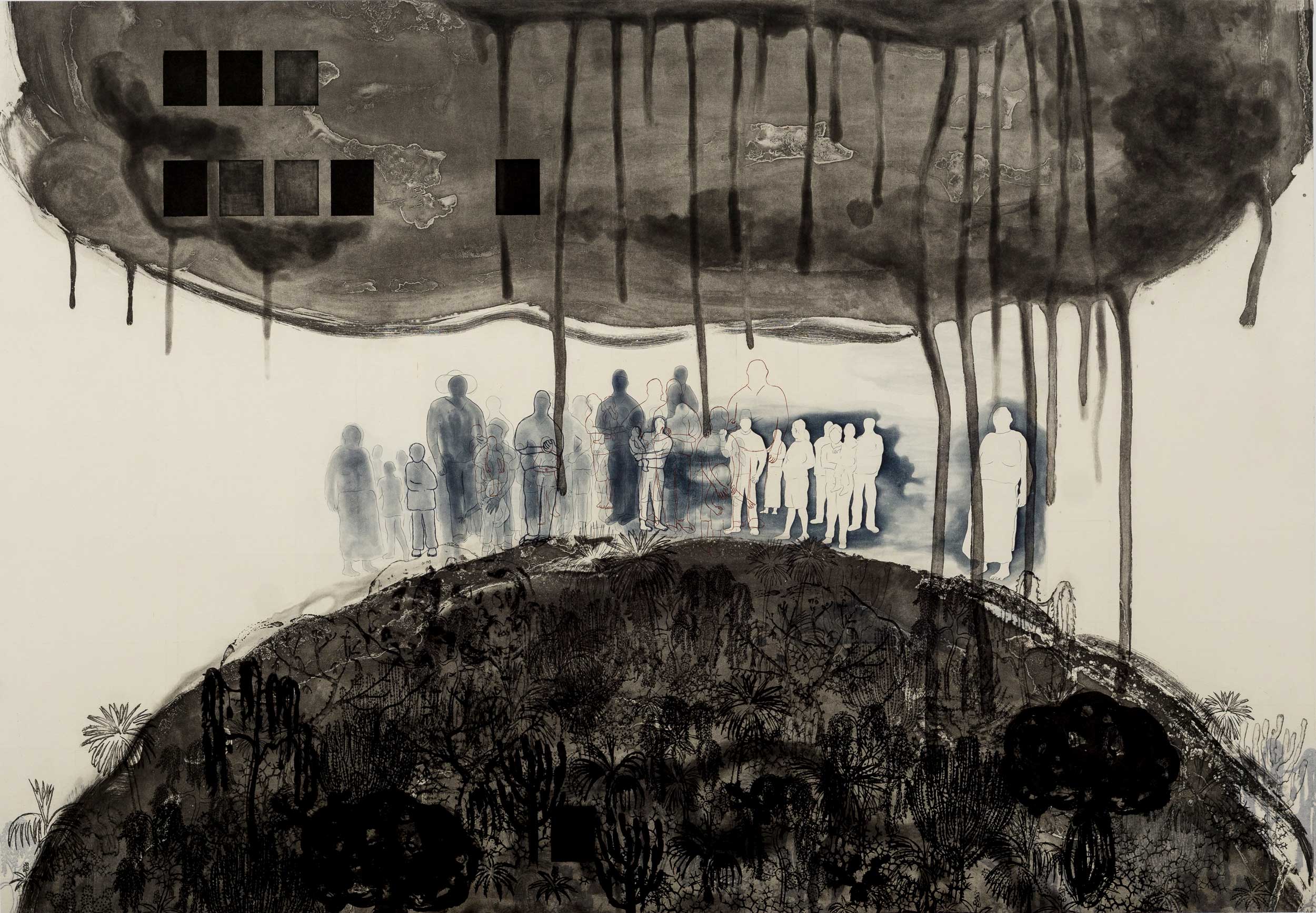
© Dispossession by Miriam Rudolph, Paraguayan artist
Enabling the Word
While Hannes Kalisch does not ethnically identify as Enlhet, his family is part of this community. Considering this insider/outsider position, his objective is mainly to create tools for the Enlhet community to deliberately use their own language and culture as a fundamental element that, consciously or not, motivates their actions, attitudes and projections.
‘We try to make the word possible again. Word can be understood in a very broad sense of expression. For example, the drawings and photographs are also a form of word, because they allow processes of reflection that can then have an effect on the people. My personal contribution to this process is a project of register and dissemination of the oral accounts of the elderly, where I work as a mediator to promote this tradition through the ‘The Library of Spoken Memory’.
Lanto’oy Unruh, an Enlhet photographer and illustrator, seeks to portray the Enhlhet community in order to regain pride in their community and show the world their existence.
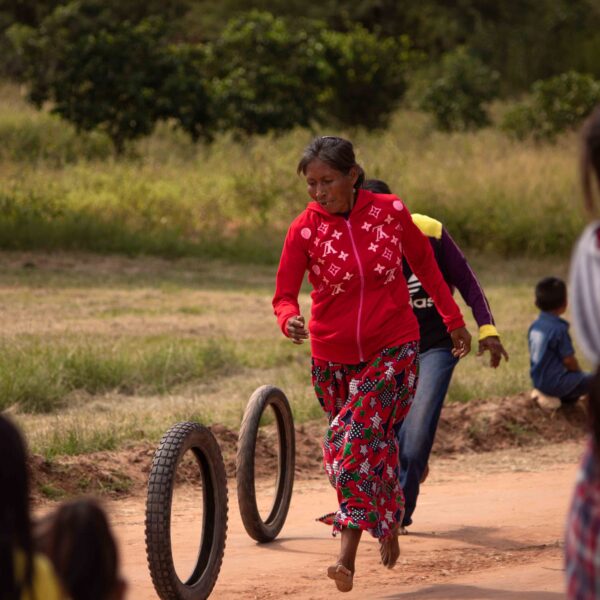
© Lantooy Unruh
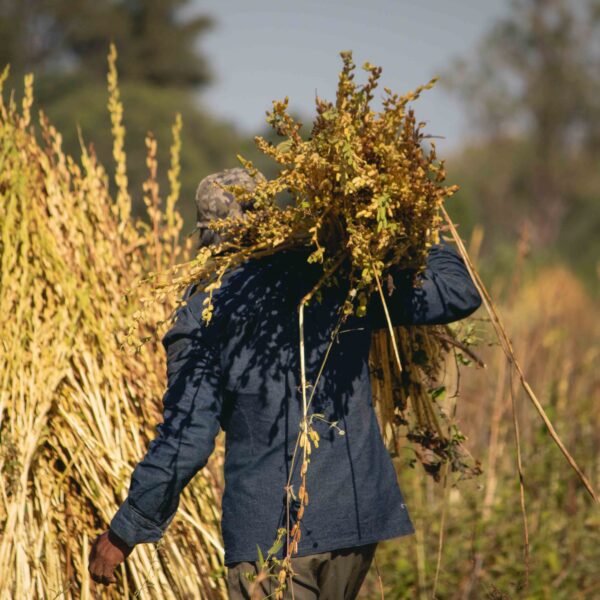
© Lantooy Unruh
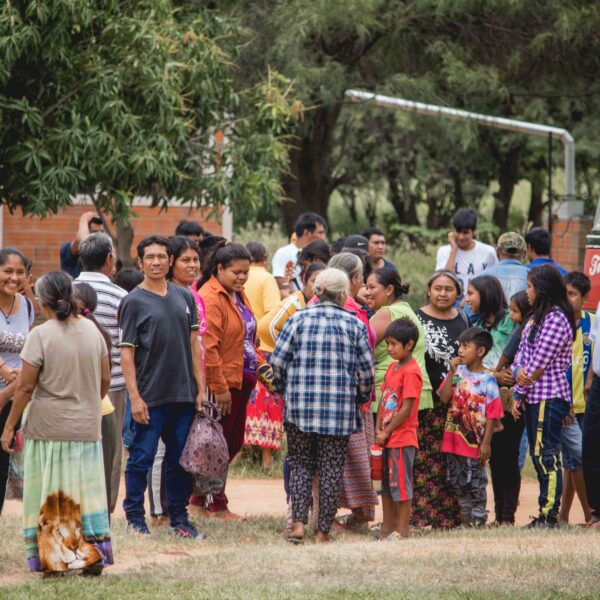
© Lantooy Unruh
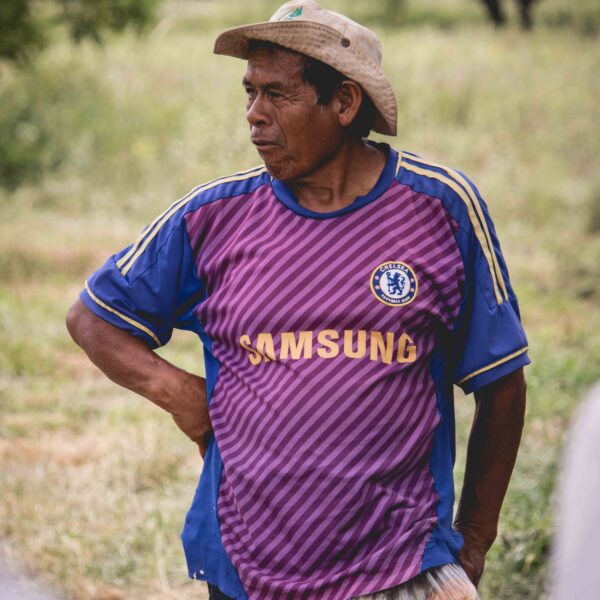
© Lantooy Unruh
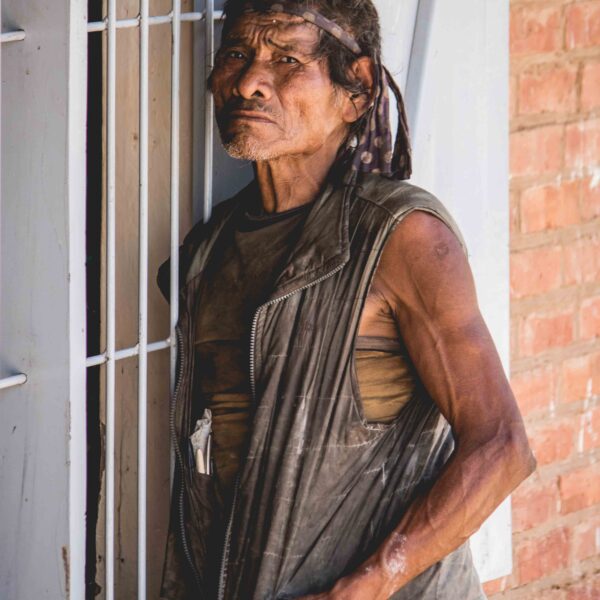
© Lantooy Unruh
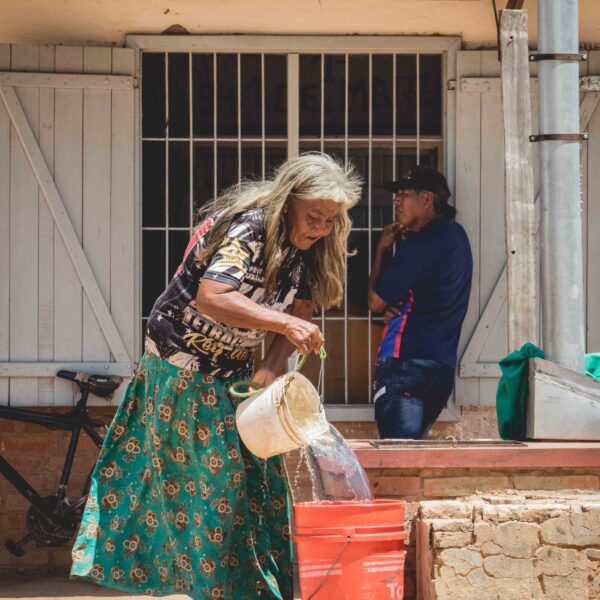
© Lantooy Unruh
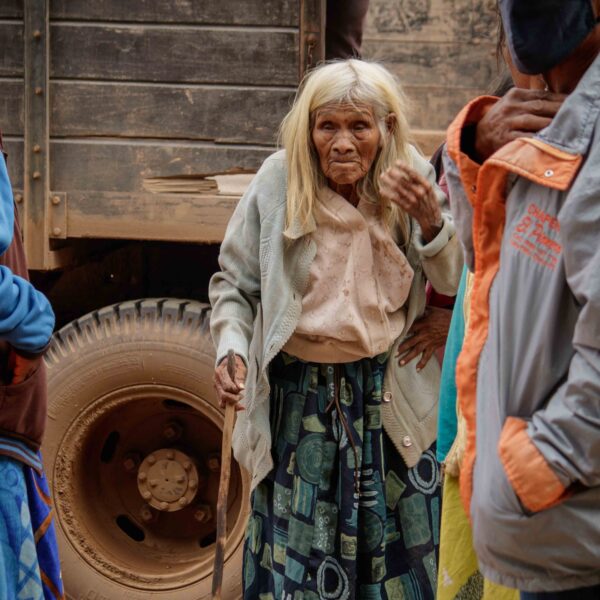
© Lantooy Unruh
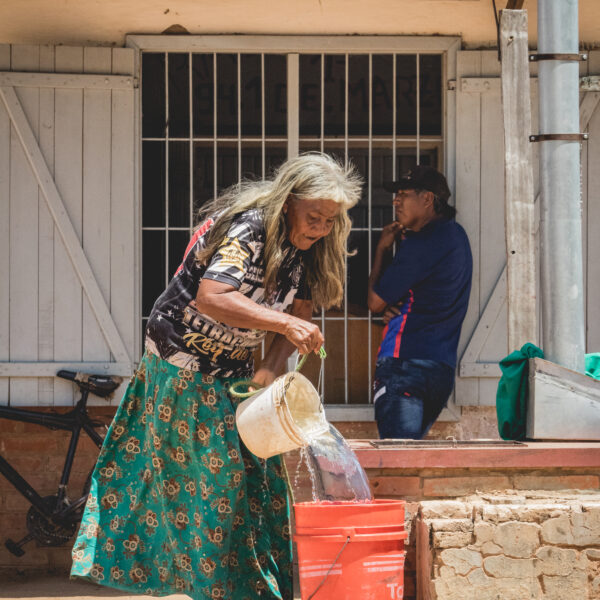
© Lantooy Unruh
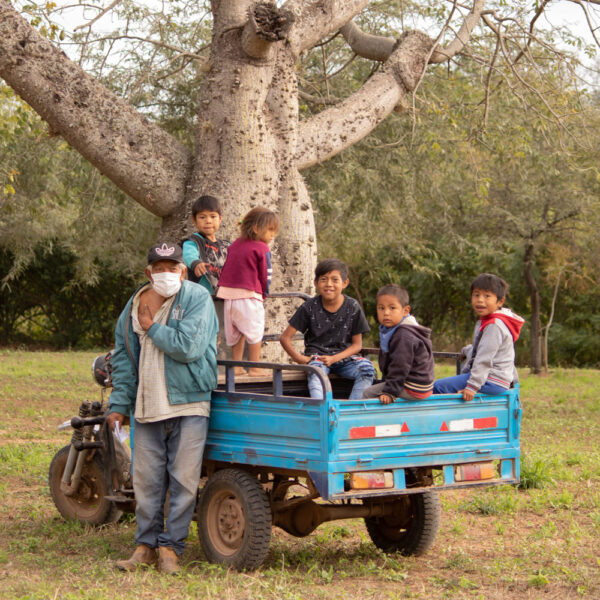
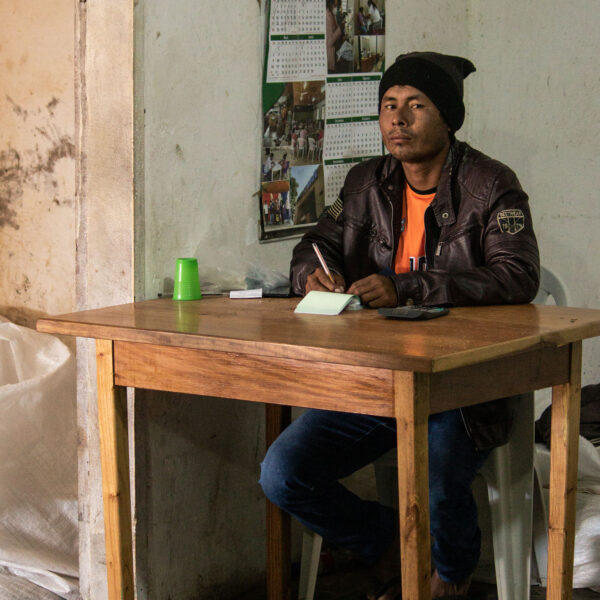
The ‘Library of Spoken Memory’ or Ya’alve-Saanga: Nengvaanemkeskama Nempayvaam Enlhet, brings together archives of around 100 hours of video in the Enlhet, Toba-Enlhet and Guaná languages.
The linguist recognises the difficulty of working in a colonial context without imposing his own perspectives on the losses caused by colonisation processes in the Chaco. For this reason, he states that he does not intend to speak for the Enlhet or push them down a political path that is not his own.
‘Very decidedly I don’t do activist work. We offer the service of oral stories dissemination and other elements related to the community history, for example, maps or the national territory. But I don’t create discussion groups or promote other activities that can create dependencies again […] When I was young, I thought that critical reflections should be disseminated among the Enlhet, but I realised that I would be doing the same as the missionaries, who have an idea about how life should be and try to disseminate it. Instead, I think there is a lot of potential in one’s own history, but it is the Enlhet society who have to realise that.’
Hannes Kalisch has published several articles on the memory of the Enlhet in which he explores the themes presented in this post and addresses others that are relevant to the Paraguayan Chaco. Here you can see some examples:
1. The Enhlet did not have things
Kalisch, Hannes. 2019. The Enlhet didn’t have things. Semantic transfiguration as a reflection of the colonial condition. Suplemento Antropológico, 54,2: Pp. 297-320.
2. Readings and counter-readings
Kalisch, Hannes. 2014. “Readings and counter-readings. The need for one’s own space”. In: Lea Schvartzman (ed.). 2014. Tekoporã. Cuadernos Salazar 2. Asunción: Centro Cultural de España ‘Juan de Salazar’. Pp. 106-112.
3. Doesn’t have a future
Kalisch, Hannes. 2012. “Doesn’t have a future. On the construction of the linguistic identity of an Enlhet child and the future of the indigenous languages of Chaco. In: José Maria Rodrigues (org.). Ciudadanía democrática y multilingüismo: La construcción de la identidad lingüística y cultural en el Mercosur. Biblioteca Paraguaya de Antropología, vol. 85. Asunción: CEADUC. Pp. 254-278.
>> If you are interested in seeing the complete collection, you can click here.
